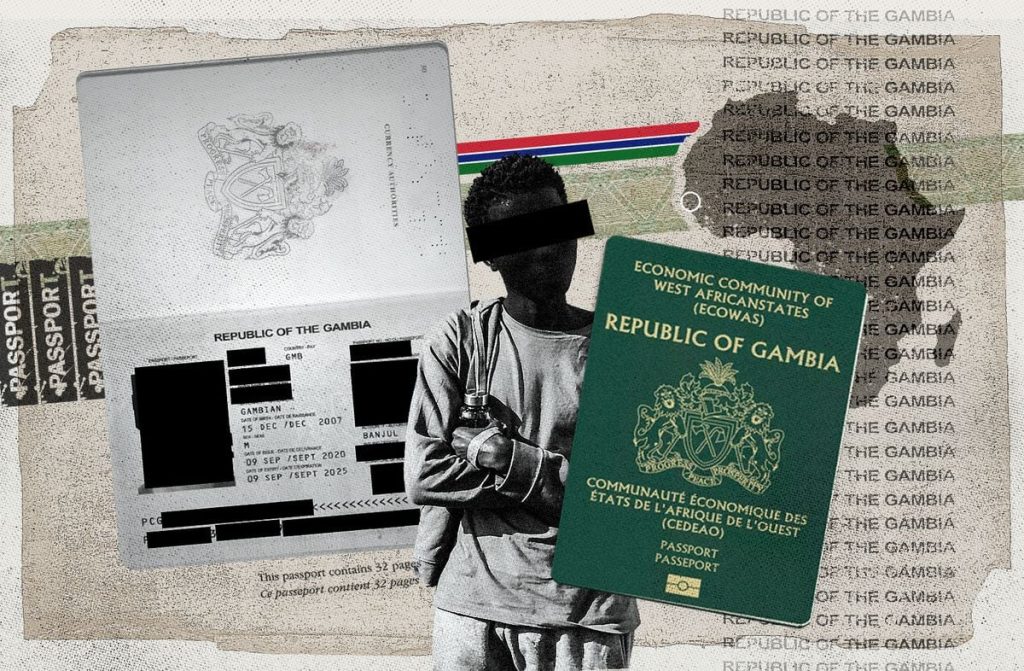Over the last few months, there has been turmoil regarding the passports of Gambians, especially those claiming to be minors, who have arrived irregularly in Spain. The police have raised concerns about the accuracy of the data in these passports, highlighting the existence of two types of passports in Gambia: a biometric and more reliable one, and an older one lacking fingerprints that can be issued without the applicant’s presence. This has led to a general suspicion surrounding Gambians claiming to be minors, with cases of helplessness emerging. The police, while doubting Gambian passports, have not been reporting them, allowing their holders to defend against allegations of falsification or provide additional evidence of their age.
The most prominent case involves a 14-year-old boy whose documentation was not believed by the authorities due to the technical report by the police and other factors, ultimately leading to his declared majority. As a result, the boy, who had overstayed the time allowed for minors, found himself homeless. Despite intervention from the UN Committee on the Rights of the Child, the situation has yet to be resolved, with the boy still in a homeless shelter. Legal representatives argue for adherence to the law, stating that individuals with passports should not be considered undocumented, and in cases of doubt about age, the minor should be given the benefit of the doubt until clarification.
Gambian citizens have presented documentation supporting their claims of minority, including Police National reports and authentication certificates from the Gambian Embassy. While these certificates affirm the authenticity of the documents, they do not verify the information contained within them. The government of Gambia is taking steps to address these issues by introducing digitized birth certificates and eliminating older ones. They aim to establish an automatic birth registration system through the healthcare system and transition to using only biometric passports for enhanced security and verification.
In Gambia, birth certificates are issued based on references from local village leaders, leading to variations in birth dates due to the lack of an automated system of birth registration. This informal process has contributed to the difficulties faced by Gambians trying to prove their age in Spain. According to diplomatic sources, efforts are being made to streamline the registration process and ensure accurate record-keeping to prevent future instances of fraud. The cultural differences in birth registration practices highlight the need for improved systems and information databases in Gambia to address the challenges faced by its citizens abroad.
In conclusion, the Gambian government is taking steps to address the issues surrounding passports and birth certificates to prevent fraud and ensure accurate identification of its citizens. The discrepancies in birth dates and varying passport types have resulted in challenges for Gambians in Spain, with many facing legal and social consequences. By implementing digital birth certificates and transitioning to a single, more secure passport system, Gambia aims to enhance the reliability and authenticity of its identification documents. The cultural and logistical challenges in birth registration practices highlight the need for improved systems and infrastructure in Gambia to support its citizens globally.


